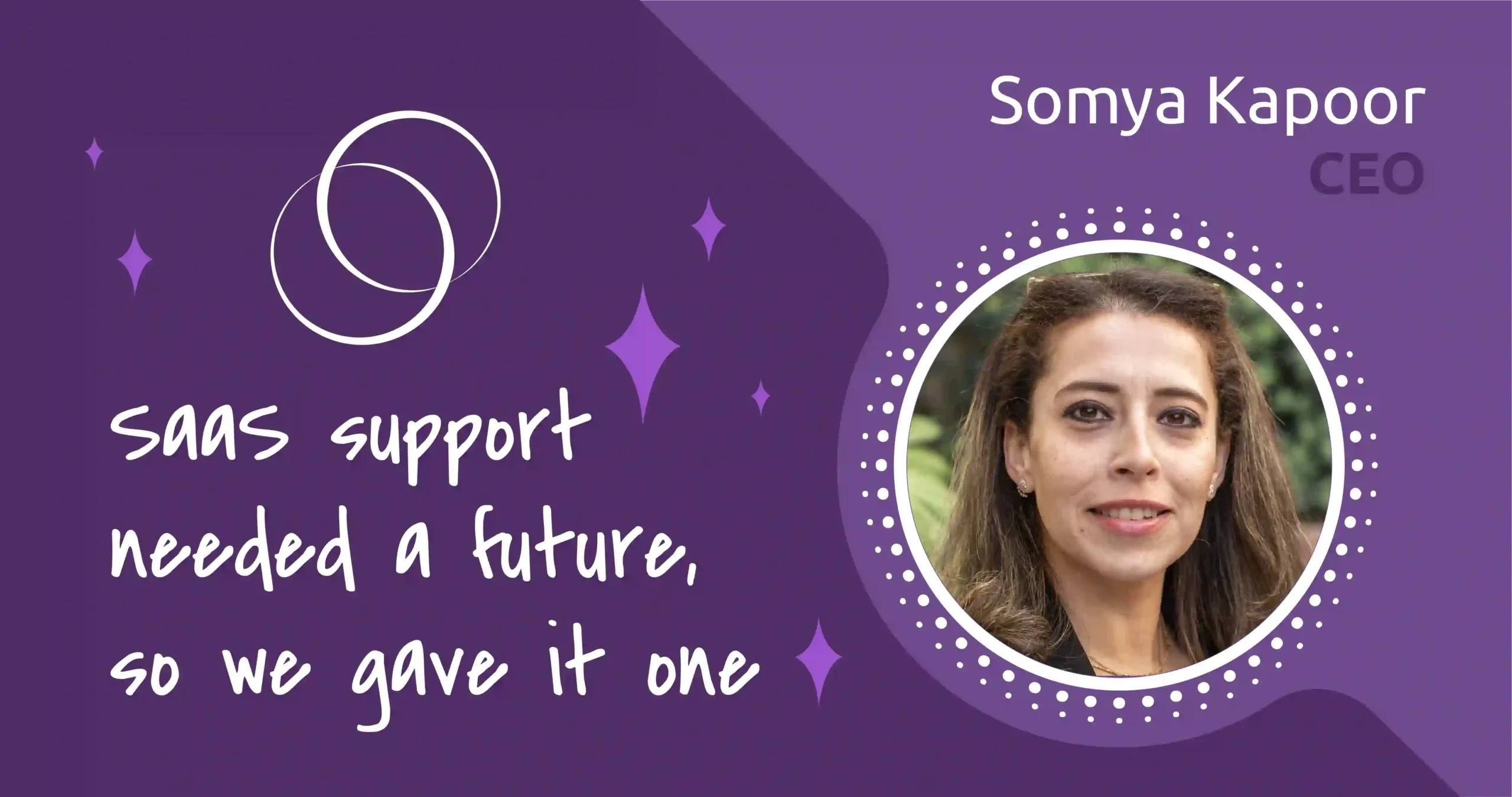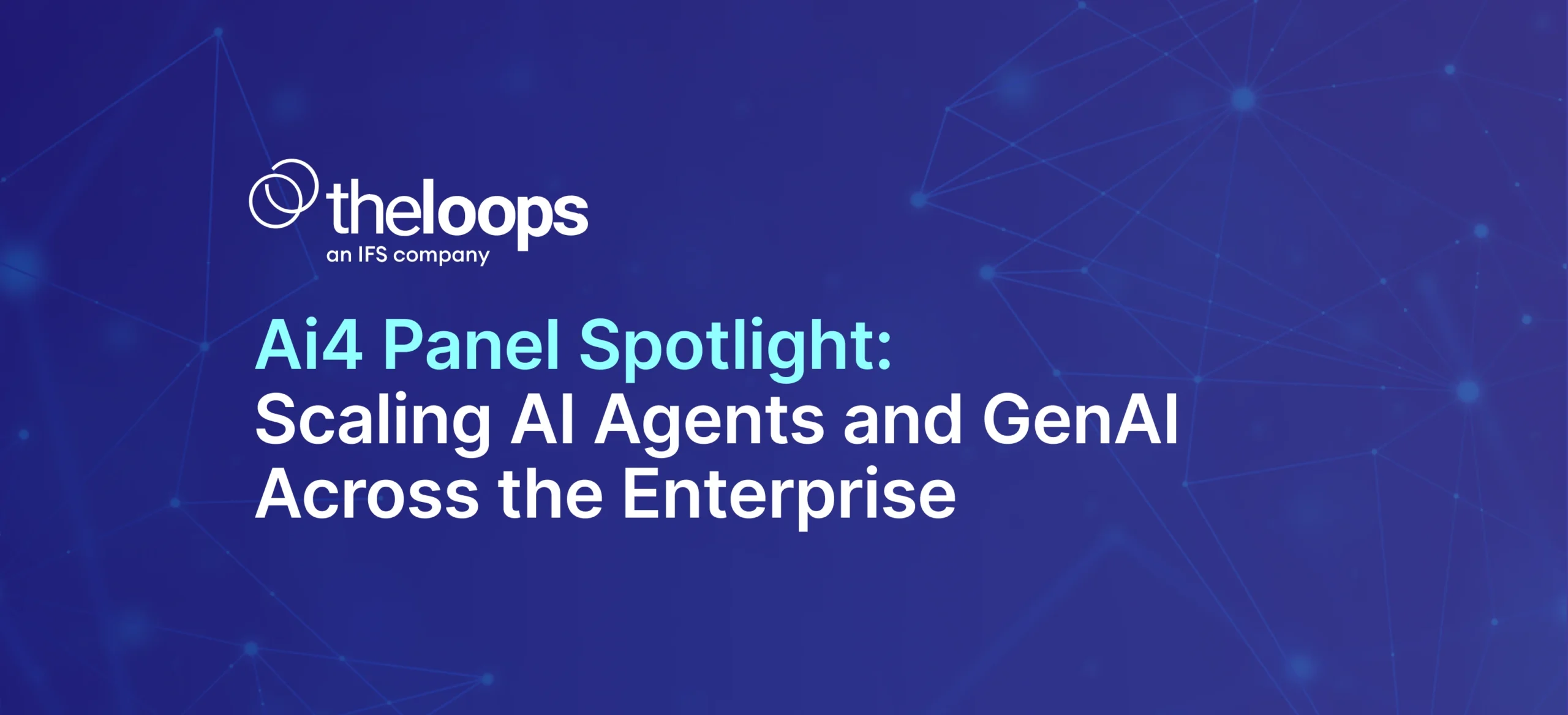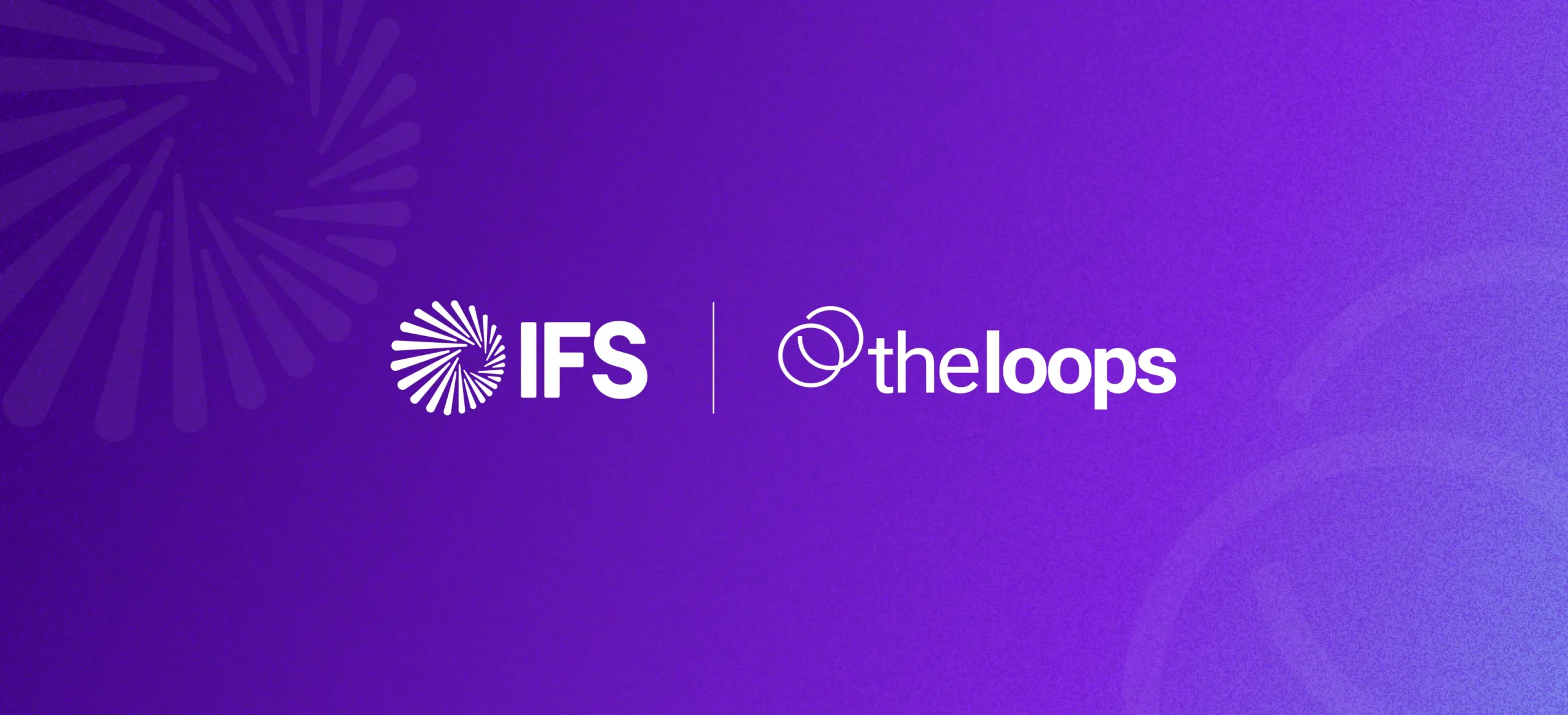In part one of a two part series, Somya Kapoor, CEO of the TheLoops, speaks about founding the company and the issues it resolves in a support context. She discusses all things AI and the important role it has to play in modern day customer support platforms. Here are some of her thoughts…
I founded the company with Ravi Bulusu, CTO at TheLoops. I met Ravi at a previous startup. In 2019 we left this company to pursue our new business idea. We saw a big gap in customer support with the support experience being disjointed from product experience. In March 2020, we started talking to VCs, and then the world literally shut down.
We fundamentally believed in our idea and stuck to it even through the pandemic, speaking to 200+ enterprise customers just to figure out in detail what were the gaps, problems and challenges support teams faced. By the second half of 2020, we had built a prototype and started to fundraise again, successfully closing an oversubscribed round for $8.75 million. We never lost hope as we believe there is a huge need and demand in the marketplace for this type of solution.
TheLoops is a platform that provides contextualized data to enable support representatives to make decisions faster. By learning from collaborations across Support, DevOps, and Engineering, TheLoops transforms the customer support experience by providing insights from broad sets of data and recommendations embedded in intelligent workflows. These intelligent operations upskill representatives with correlated product insights and actions within tools such as Zendesk, Jira, Slack and Salesforce. Real-time insights drawn from people, process, and tooling interaction also helps support managers to be more effective in monitoring the state of their service operations.
In a traditional support environment, the solution to upskilling agents is to provide them with knowledge articles. This wastes product resource as experts need to document potential issues, and then hand articles over to support, who in reality do not understand them – resulting in more escalations. This is where AI can make a difference. A Salesforce survey of support professionals shows a very strong requirement for product knowledge for today’s support reps, 99% said it was important! Product knowledge does not have to be a physical object. If I correlate the digital footprint of all my applications with my customer data, I will get far more insight into why failures are occurring and how quickly things can fail. AI is good at identifying data and extracting actionable deliverables. AI can correlate signals because it’s finite states, i.e., every different API can fail in only so many formats due to coding and only execute in one or two different scenarios. Therefore, the permutations of failure are finite. With machine signals, it’s easier to use AI to problem solve and troubleshoot.
All cloud companies have a plethora of data, whether it’s logs or usage, mining that data and figuring out where things could go wrong is a much easier way to resolution. AI is the way forward, it leads to faster resolution, easier collaboration, and the build-up of tribal knowledge within the organization. In the world of SaaS you have to earn revenue each month or whatever the period of the subscription is. It’s a known fact that one bad customer support experience can quickly lead to the termination of an account and the end of that revenue stream. As more and more businesses go digital, subscription revenue models will be pressed to provide real time customer support resolutions to guarantee their recurring revenue streams.
In part two of the series Somya will discuss the importance of contextual awareness in a modern support environment.



